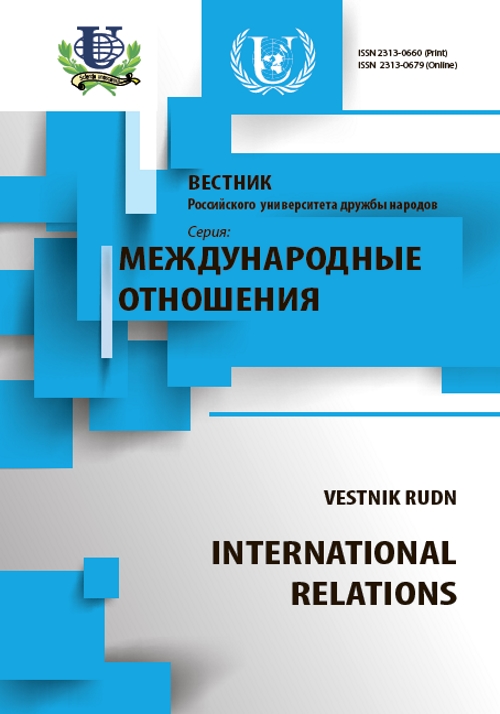The Role of the Uighur Diaspora in the Struggle for Independence of Xinjiang
- 作者: Mavlonova AS1
-
隶属关系:
- Peoples’ Friendship University of Russia
- 期: 编号 1 (2015): East Asia: the rise of the PRC, development cooperation, partnership with the Russian Federation
- 页面: 169-176
- 栏目: Articles
- URL: https://journals.rudn.ru/international-relations/article/view/10382
如何引用文章
全文:
详细
The article contains analysis of the activities of the Uighur diaspora abroad and its role in struggle for independence of Xinjiang. The author comes into conclusion that the role of the Uighur organizations located and incorporated in the western countries in activization of separatist in Xinjiang is huge. Such organizations are financed by the governments of the western countries, mainly by the United States. The most popular organization among them is “The World Uyghur Congress”, headed by Rebiya Kadeer. Despite the various internal disagreements, Uigur organizations located on the territory of western countries, pay special attention to the issue of self-determination and respecting of the rights of Uigurs in China. As a result of stabilization and improving of relations between Central Asian countries and China and formation of joint security system of countries within The Shanghai Cooperation Organization, the governments of the countries follow the policy based on the principle of sovereignty, independence and territorial integrity. Additionally, according to the author the fact that China has obtained support from the Central Asian countries in avoiding of separatism helps to keep Uighur organizations under strict control of the officials. Currently the Uigur diaspora is divided into many organizations established during the last several decades. The attempts to establish the single powerful organization that would support interests of the Uighur people and would be able to influence the world community were not successful.
作者简介
A Mavlonova
Peoples’ Friendship University of Russia
Email: buravleva@fromru.com
Theory and History of International Relations Department
参考








